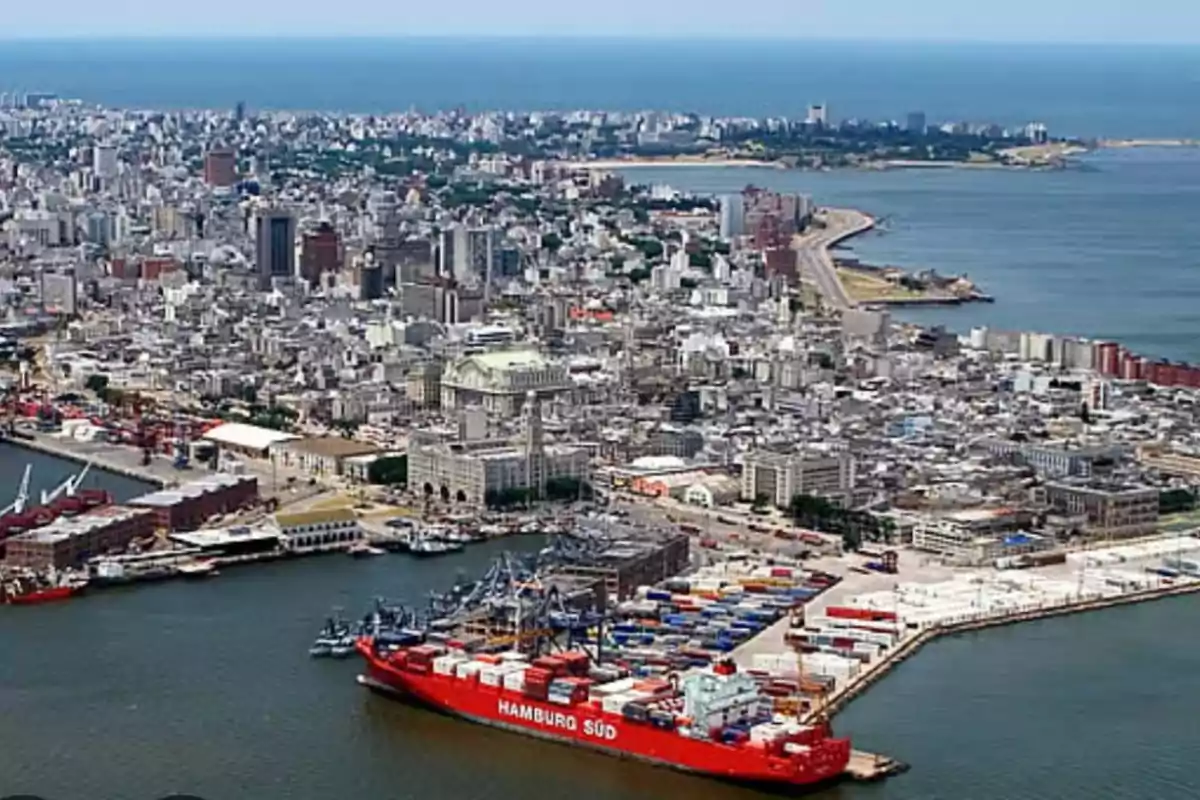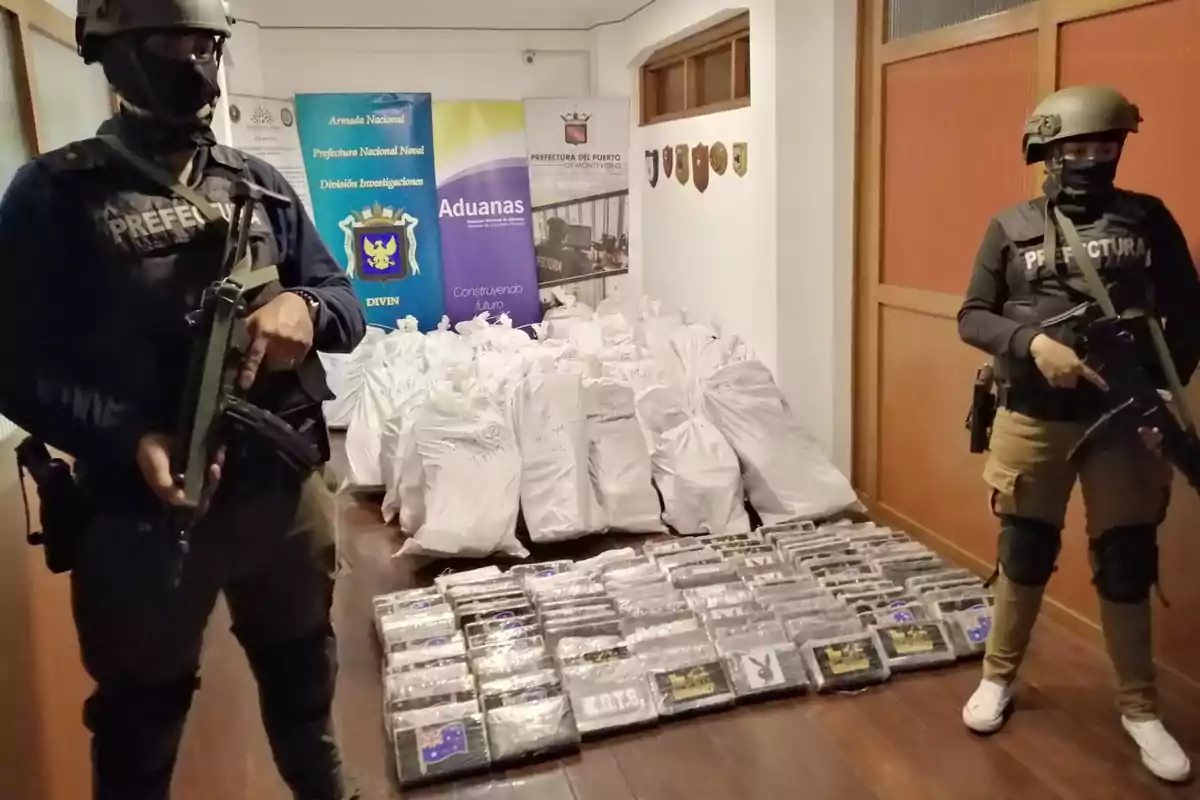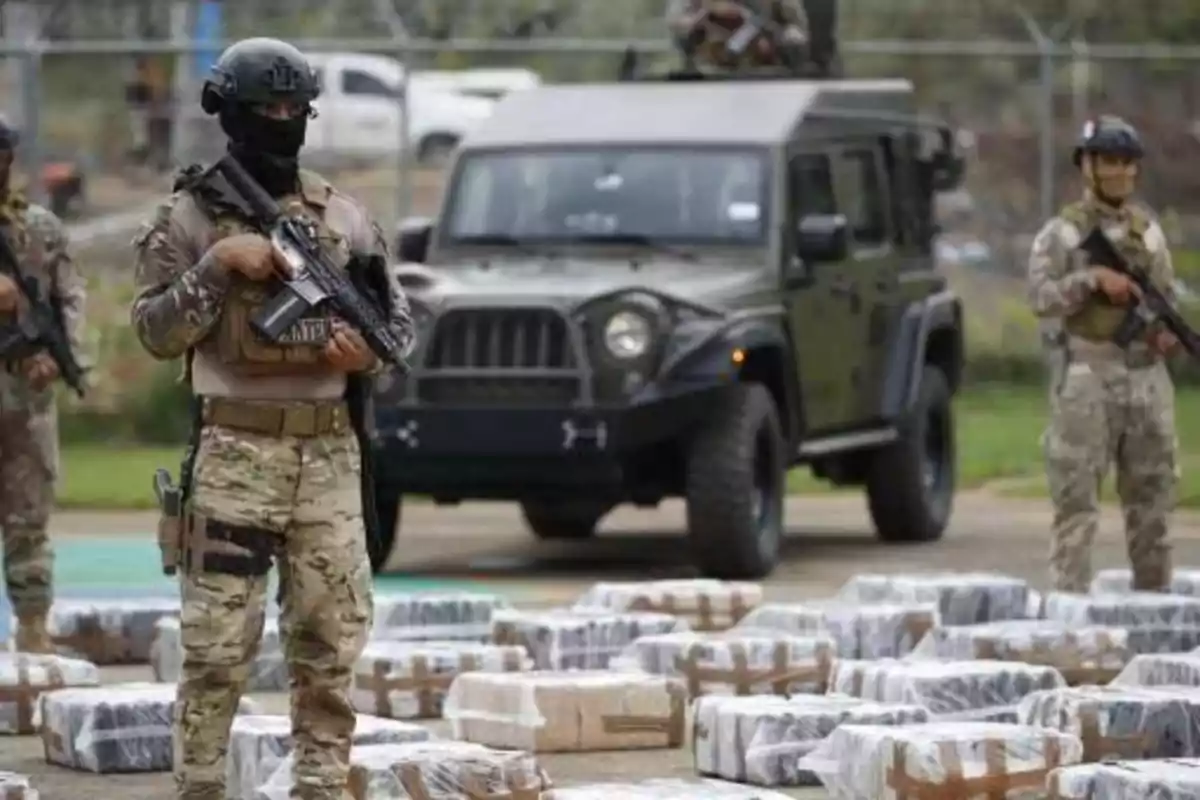
Uruguay: Montevideo port under scrutiny for failures, negligence, or complicity
The state and its shortcomings
The installation of two new scanners at the port of Montevideo in October 2024 was promised to be a turning point in the fight against drug trafficking. With cutting-edge technology and an official discourse full of optimism, Uruguayan authorities assured that these devices would strengthen controls and close the doors to drug trafficking to Europe and Asia.
However, reality is far from the official rhetoric: since their implementation, not a single significant drug shipment has been seized. Not even a "garoto," as port workers say in their jargon. But the most alarming aspect is what happened with a container marked as "suspicious" by the system: no one inspected it manually, it continued its journey, and upon arrival in Europe, it was discovered to be transporting cocaine.
This incident, far from being an isolated event, exposes a systemic crisis at Uruguay's main port, a critical node in global drug trafficking routes. Human error? Negligence? Complicity? Or perhaps the scanners are "turned off" at key moments? The questions are piling up, but answers are conspicuously absent. Meanwhile, Uruguay continues to appear in international investigations as a transit platform for cocaine, a role that puts its reputation as a stable and transparent country in jeopardy.
You may also be interested in this article about Mujica and his relationship with the recent past.
A port under suspicion
The port of Montevideo has been identified for years as a weak link in the regional security chain. In 2023, an emblematic case exposed the vulnerabilities: 10 metric tons (22,046 pounds) of cocaine, hidden in containers that departed from Paraguay and passed through Montevideo, were seized at the port of Hamburg, Germany.

Paraguayan authorities then admitted that the failure was not technological, but human, and pointed to three possible causes: negligence, complicity, or exploitation of vulnerabilities in the controls. Uruguay, meanwhile, reinforced its narrative of international cooperation, signing agreements with Paraguay to share scanner images and improve controls. But concrete results have been scarce.
The arrival of the new scanners in 2024 was presented as a definitive solution. However, the case of the "suspicious" container that passed without inspection suggests that the problem doesn't lie in the technology, but in the procedures—or in those who carry them out—.
This episode not only calls into question the effectiveness of the controls, but also fuels suspicions about possible networks of complicity within the port.
You may also be interested in this critical perspective on social democracy.
A cocktail of negligence and opacity
Drug trafficking doesn't operate in a vacuum. The ability to move large shipments of drugs through Montevideo requires organized structures, networks of contacts, and, in many cases, the willful blindness of those who should guarantee security.
International reports, such as those from the United Nations Office on Drugs and Crime, identify Uruguay as a key transit point for South American cocaine destined for Europe and Asia. The port, with its high volume of transshipments, offers an ideal environment to hide shipments in containers that, in theory, only "pass through" the country.
The lack of significant seizures since October 2024 contrasts with the "record figures" of seizures reported in previous years. This paradox raises uncomfortable questions: are the scanners working properly? Are they being used effectively?

Or are there sectors within the system that, by action or omission, facilitate the passage of drugs? The absence of public investigations into the case of the suspicious container fuels the perception that the Uruguayan state is not addressing the problem with the seriousness it requires.
Money laundering: the other side of the coin
Drug trafficking not only involves the movement of drugs, but also the laundering of the millions in revenue it generates. Uruguay, with its relatively sophisticated financial system and strategic position, has been identified as a vulnerable point for these operations.

In Montevideo, opacity in port controls makes it easier for these operations to thrive. The lack of transparency regarding procedures and those responsible for cargo inspections creates fertile ground for corruption.
While authorities insist on their commitment to the fight against organized crime, the results suggest that words are not translating into concrete actions.
You may also be interested in this critical follow-up on Orsi's administration.
A challenge for Uruguay and the region
The case of the container that arrived in Europe with cocaine is not just an operational misstep; it is a symptom of a deeper problem. Uruguay finds itself at a crossroads: it must either take a proactive role in combating drug trafficking and money laundering, or risk becoming a permanent weak link in the global routes of organized crime.
Cooperation with countries such as Paraguay and Argentina is a step, but insufficient if the root of the problem is not addressed: the lack of rigorous controls, possible internal complicity, and the absence of consequences for those who fail—or choose to fail—in their duties.
The international community is watching closely. Each shipment that passes undetected not only damages Uruguay's credibility, but also strengthens the drug trafficking networks that operate with impunity.
While the scanners at the port of Montevideo remain under scrutiny, the question persists: is this a story of human error, systemic negligence, or something much darker? The answer, for now, remains as hidden as the drugs crossing the Atlantic.
More posts: